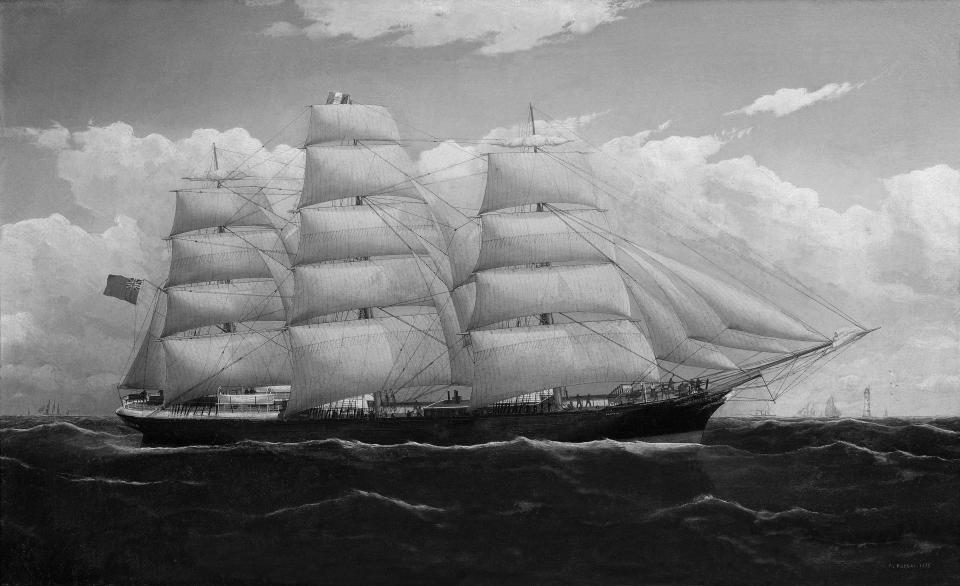February 15 is National Lamb Day, marking the 135th anniversary of one of the most significant milestones in New Zealand’s sheep meat industry.
In 1882, William Davidson and Thomas Brydone achieved the remarkable feat of launching the first shipment of frozen sheep meat from Port Chalmers in Otago on the SS Dunedin, bound for London.
The 5,000 sheep carcasses on the Dunedin arrived in London 98 days later in excellent condition, a testament to Kiwi innovation (although this was not without incident with all the challenges of refrigeration in those days). Prior to this, New Zealand mainly sold wool overseas as no one believed it possible to have a thriving meat export business.
This first voyage was an important step in establishing our international trading links from which our sheep and beef industry now contributes $9.6 billion a year to the New Zealand economy. The industry hope Kiwis here and around the world will recognise this historic achievement and celebrate by enjoying lamb on today.
Beef + Lamb New Zealand CEO Sam McIvor said New Zealand has enjoyed a long and successful trading relationship with the UK and the New Zealand sheep and beef industry is looking for a Brexit outcome that will maintain those historic links.
“New Zealand lamb continues to play an important part with the counter season supply that keeps lamb on UK shelves all year round,” says McIvor.
“Both we and British farmers want more people eating more lamb, more often.”
This year the British High Commissioner, HE Jonathan Sinclair, welcomes a select group of industry heavyweights – farmers, industry leaders and government representatives to his residence in Wellington in celebration of National Lamb Day.
The event provides a unique opportunity for discussions around current issues facing the industry, opportunities for improvements and to acknowledge how far the industry has come.


